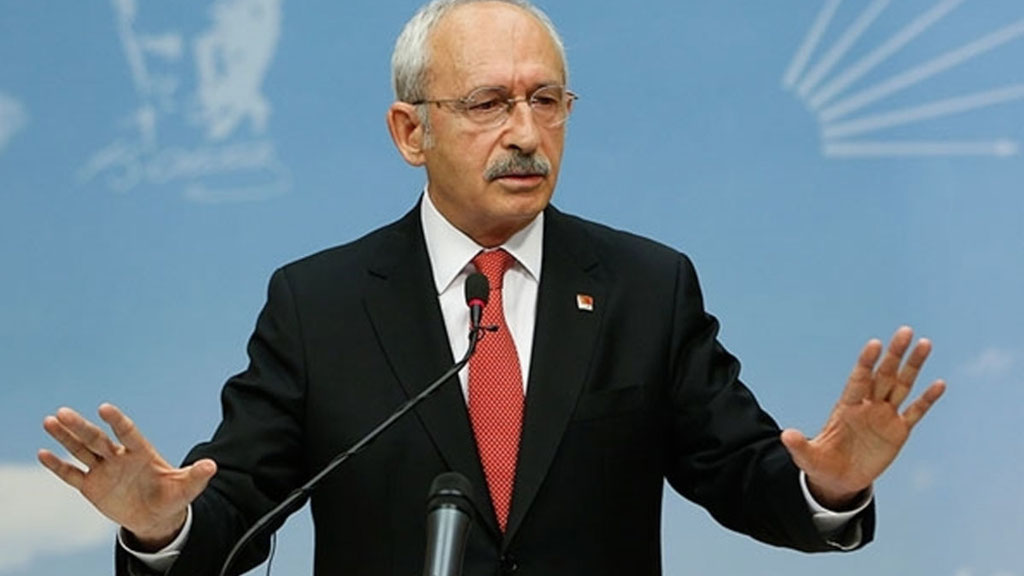Kemal Kılıçdaroğlu, leader of Turkey’s main opposition Republican People’s Party (CHP), has claimed that the biggest robbery in the history of the Turkish Republic took place by means of exchange rate fluctuations in December that were sparked by the government’s new economy plan, local media reported on Tuesday.
“People who increased [lira’s value against] the dollar to 18 and sold it [foreign currency] and then bought it again when [the lira] was 13 [to the dollar]. They made a lot of money. … Now, we want to expose all the details of this robbery,” Kılıçdaroğlu said on Tuesday during his party’s group meeting in parliament.
The CHP leader said they had submitted a proposal to parliament for the investigation of his claims and that the parties which reject the proposal would be revealing themselves as the actors behind the robbery, implying the ruling Justice and Development Party (AKP) and its far-right ally the Nationalist Movement Party (MHP).
President Recep Tayyip Erdoğan on Dec. 20 unveiled an emergency plan to help the Turkish currency curb losses which stipulates that the country’s treasury will make up for losses incurred by holders of lira deposits should the lira’s declines against hard currencies exceed bank interest rates.
The instrument will apply for individuals holding lira deposit accounts with maturities of between three and 12 months. The minimum interest rate will be the central bank’s benchmark rate, and no withholding tax will be deducted.
The lira saw a sharp 50 percent rally against the US dollar following Erdoğan’s announcement before sinking again last week, closing at 13.1875 on Friday.
The lira, by far the worst performer in emerging markets in 2021, as well as in the last few years, which lost 44 percent of its value against the US currency over the year, tumbled 4 percent on Tuesday, weakening as far as 13.5 to the dollar.
According to experts, the possible failure of the plan would prompt the central bank to print money in a bid to supply the treasury with the funds to compensate holders of lira deposits for their losses.



